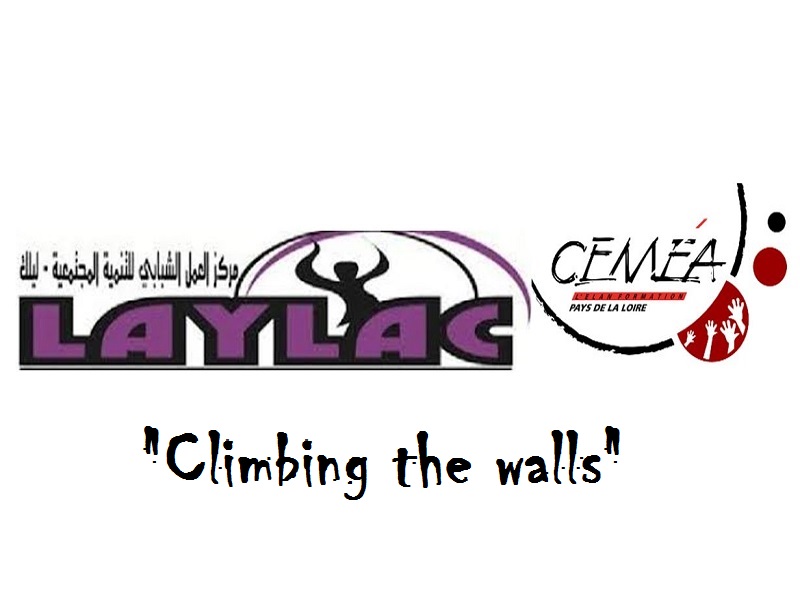
Hello friends and supporters, you will find here the description of a very exciting new project lead by volunteers of the palestinian NGO LAYLAC: Youth Action Center for Community Development : "Climbing the Walls". This project started 9 months ago and now it just needs you today to increase its potential.
-----------------------------------------------------------------------
Bonjour a tous, vous trouverez ici un descriptif d'un nouveau projet porté par des bénévoles de l'ONG Palestinienne "LAYLAC" et des CEMEA - Pays de la Loire : "Climbing the walls". Ce projet à débuté il a maintenant 9 mois et ne demande plus que votre aide pour grandir.
Vous trouverez la version française de ce descriptif un peu plus bas juste après la version en anglais.
------------------------------------------------------------------
ENGLISH VERSION
------------------------------------------------------------------
History of the project
In November 2015, Thibault and Claire, EVS volunteers in Laylac center, sent through CEMEA - Pays de la Loire, took their climbing equipment with them to continue climbing during their time in Palestine. In February 2016, a new French volunteer, Thomas, came in Laylac for 2 months. He also is a climber in France and has a certification as a trainer. With this incredible opportunity, and the curiosity of the young volunteers at Laylac, this project took off. Together, Thomas, Thibault and Claire, started actively training interested Palestinian members and volunteers at Laylac.
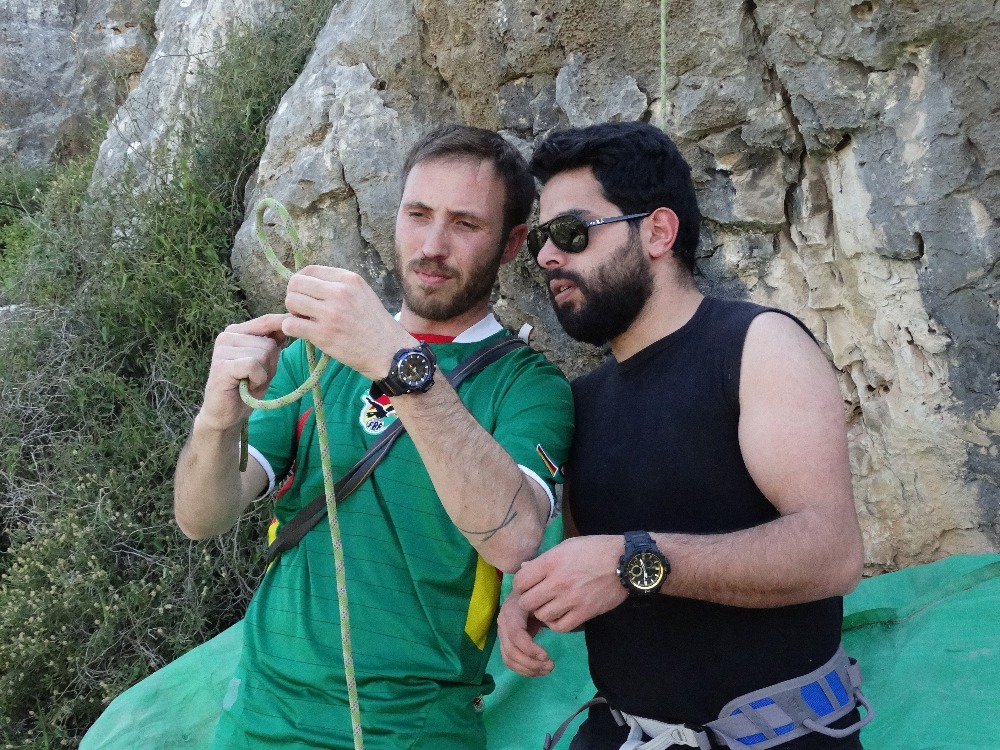
Since February, more than 20 young adults (between 18 and 25) have participated in the weekly climbing trip. A core of 5 people are particularly involved. Every month we gain more interested participants, including volunteering internationals.
Overview of the camp
Dheisheh Refugee Camp is located near the city of Bethlehem, in the Occupied Palestinian Territories. The camp was created in 1949 to accommodate the Palestinian refugees who were fleeing the massacres and the war. Today, the camp is home to approximately 17,000 people, in 1 kilometer square, for whom the temporary situation has become permanent.
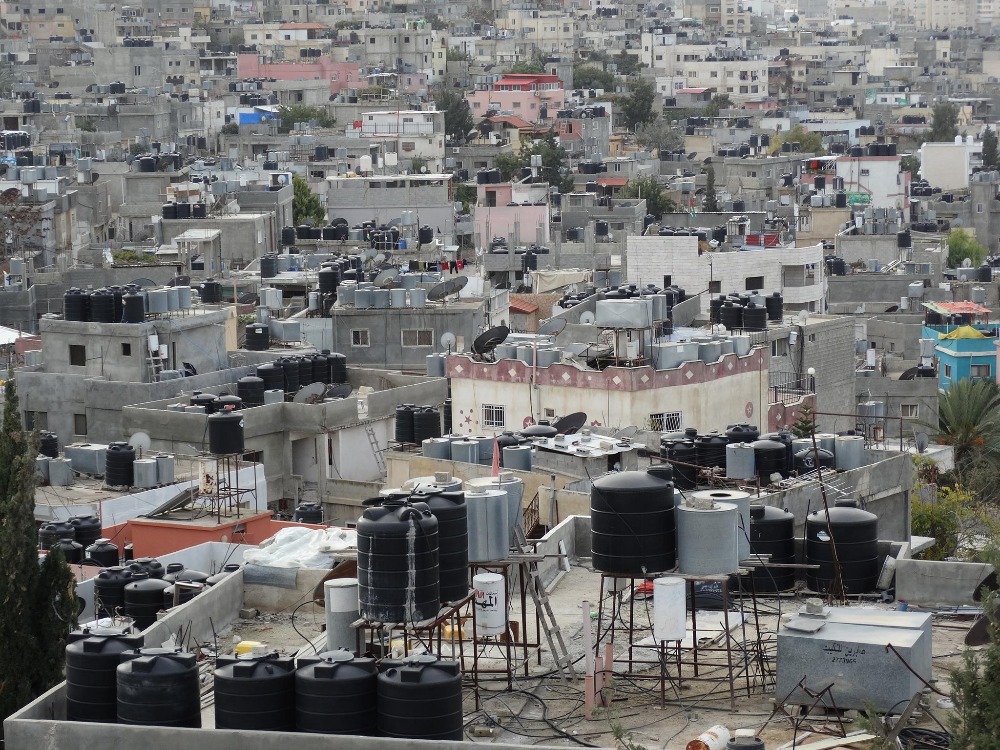
According to UNRWA (The UN agency responsible for Palestinian refugees), the 3 main challenges people are facing in the camp are; the rate of unemployment, the shortage of public space for play and socialization –in particular for children, and the outdated infrastructure.
Dheisheh Refugee Camp is distinguished by the very high level of education, the huge involvement of the people in the social and cultural life, and the highest rate of local NGO’s in the world.
LAYLAC - The Palestinian Center of Youth Action for Community Development
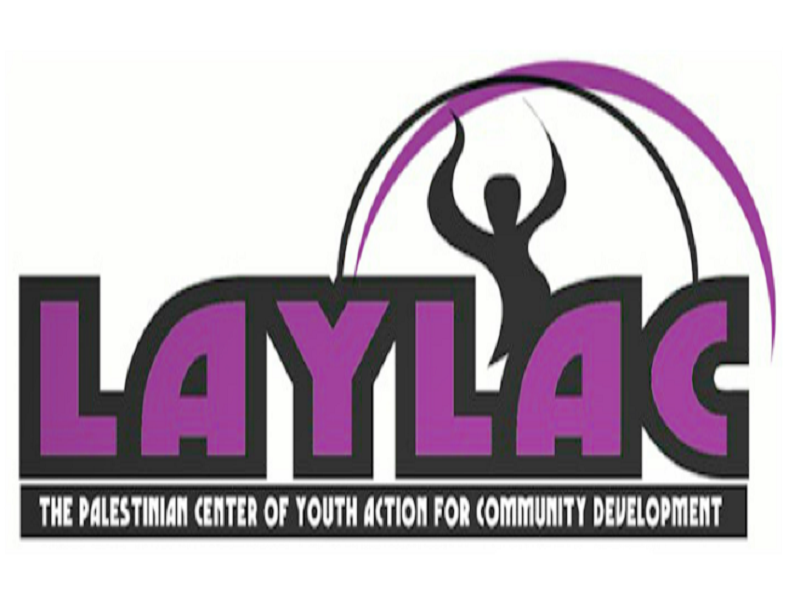
Laylac center, located in Dheisheh Refugee Camp, was created, in 2005, to promote the involvement of youth in the civil society. The organization depends solely on private donations to fulfill the ideas for projects that the youth bring forward.
Laylac develops a lot of social, cultural, and artistic projects through the department’s media, video, painting, theatre, women, and social work departments.
The team consists of approximately 40 Palestinians volunteers and activists, and 2 French volunteers in European voluntary service (EVS).
Climbing in occupied territories : a political choice
Whatever the place, the practice of climbing is an activity directly related to the discovery, the respect and the ownership of the territory. However, in Palestine this idea has a deeper meaning. In fact, within the colonization context, parts of the Palestinians territories are stolen every day by the Israeli government, against international laws and a large number of UN resolutions. Choosing to climb in Battir is also a political choice: it's in the area that is under construction for a new part of the "separation wall", as well as a bridge connecting Jerusalem to the illegal settlements in the south of West bank. The valley of Battir will be, in some years, declared "Israeli Military Zone" and confiscated from the Palestinians. Already this historical Palestinian land is surrounded by Settlements, and the Apartheid road that leads to Jerusalem.
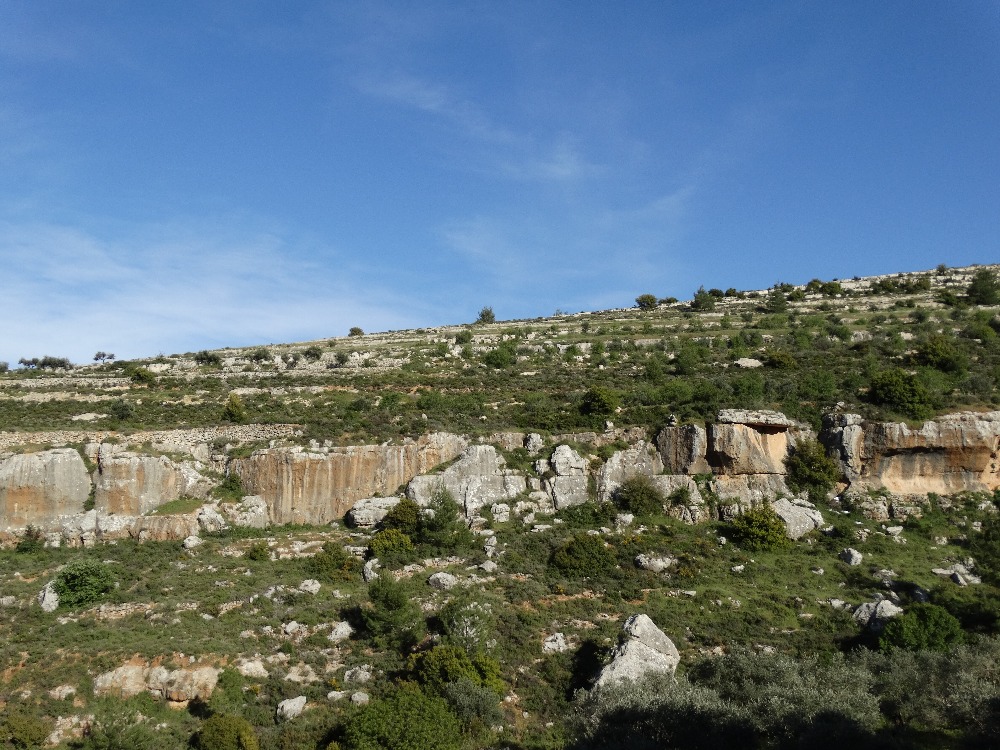
Giving the population the possibility to use their territory through cultural and sporting activities, like climbing, is providing them with additional reasons and ways to resist against the illegal confiscation of thier lands. Finally, for the international people, climbing in the occupied territories is a way to see and focus on how colonization impacts the freedom for Palestinians. As the result, climbing is a particularly interesting way to learn and experience this life because of the use of cartography and the contact with the people living in the natural climbing site.
Discovering an unknown sport
Climbing is very common in Europe and other Western areas, but still very unknown in Palestine. While an association exists in Ramallah which provides day trips, it isn’t accessible for the inhabitants of the camp because of the cost. However, the local Palestinian topography is incredible to climb with a lot of undisturbed cliffs and a unique landscape.
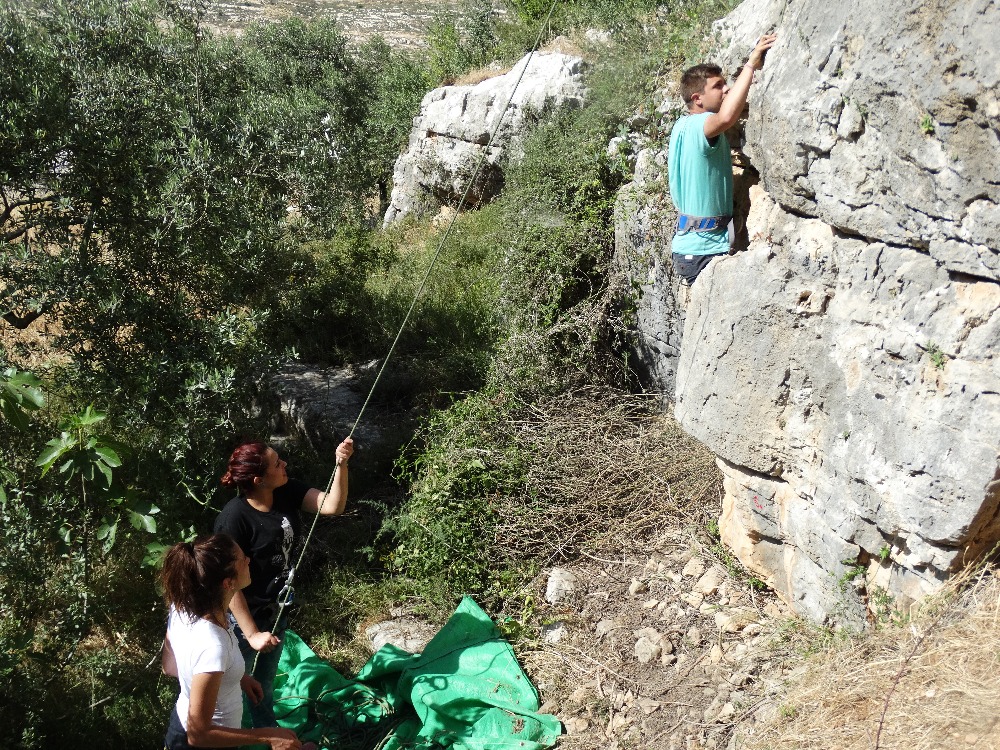
Making outdoor sport and being gender inclusive
One of the main problems the teenagers and young adults have in the camp is the lack of sport infrastructures. Because of the lack of places, most of the people don't participate in sports. Furthermore, when they exist, this infrastructure (most of the time limited to a gym or fitness room) is only single-sexed.
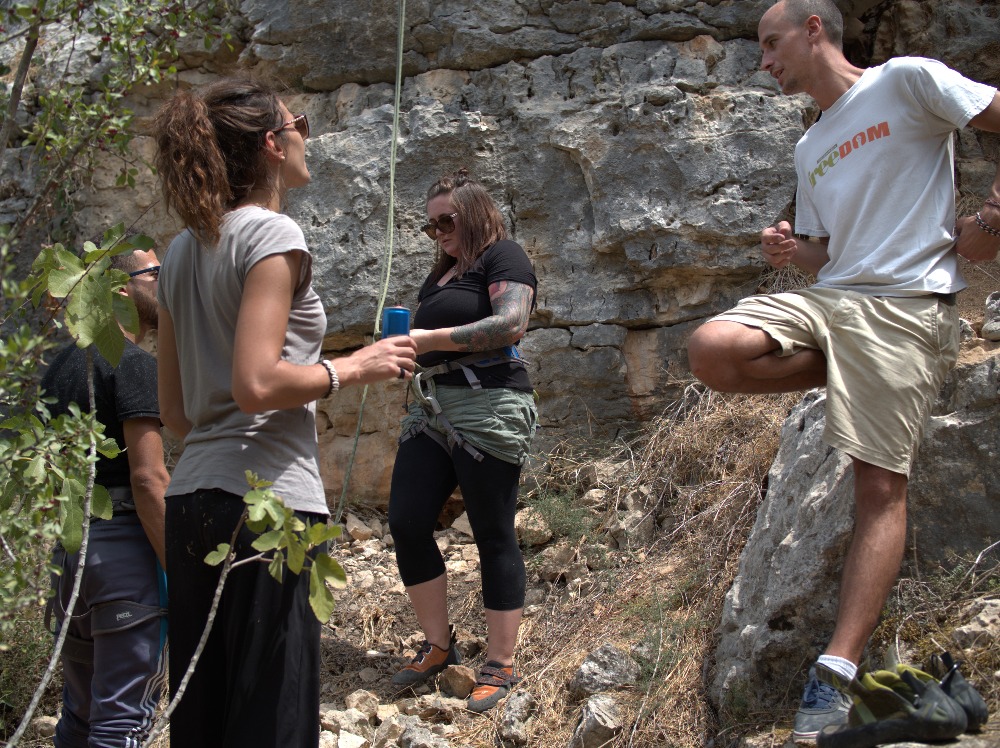
Sports for women, specifically, also has a big gap: there are few spaces and possibilities for the women to participate in sport and that alone is creating many public health concerns.
Lastly, with the historical and continuation of confiscation of Palestinian land, Palestinians have lost many of their opportunities to be in their historic land. Most land that is Palestinian is privately owned, making it difficult for Palestinians to find opportunities to experience the little historic land they have left. Through climbing, we are breaking through these artifical walls and borders, suporting local Palestinians to create new experiences and memories in their land they will soon lose due to the occupation and illegal confiscation by Israel.
Climbing, therefore, is a good opportunity to engage in sport outside and is available to all.
Self-confidence, trust building, and group solidarity
Climbing is at first learning to trust yourself and the people who secure you. The values of climbing reflect those of the association: solidarity, mutual assistance, social and gender mixing, group unity.
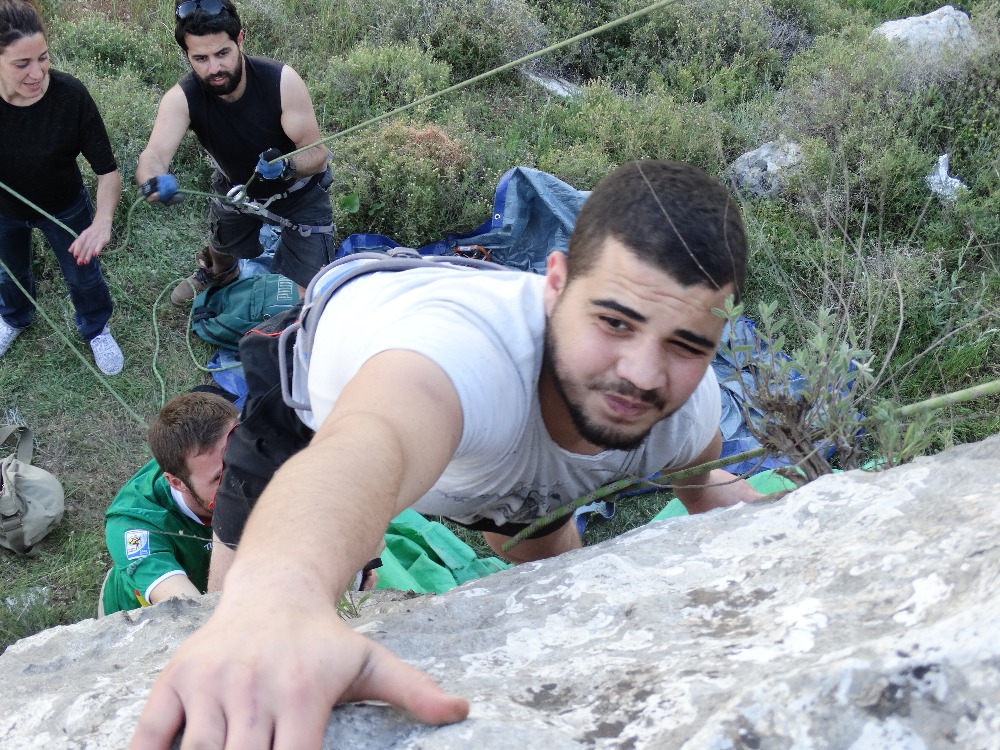
Climbing also reinforces this dynamic of group solidarity, which is already very strong between the volunteers of the association.
Like in most of the associations and youth centers, the new volunteers start to come for a specific activity, and through that, they become more involved in the life of the association. The sport axis, through this climbing project, could be a new door for the youth of the camp.
The project in context
Typical trip :
- Location : Wadi Helets
- Frequency : Weekly
- Duration : 1pm to 6pm
- Schedule : The hike in takes between 30min to an 1h, then we conduct installation in the site, review the security protocol and rules, minimum one climbing time and one belay time per person, coffee and socializing time, cleaning and maintenance of the site, regrouping and packing up, hike back out. We ensure to keep the land as we found it, making sure we leave it clean and prestine.
Target audience :
- Young adults from the camp (between ages 18 and 25), with emphasis on reaching the adolescent audience (15 to 18) in the short-term.
- 14 people per climbing session : 5 women and 9 men.
- Within this group of 14 people, 8 of them were already volunteering in the association and 6 new people came. All of them were interested to come back.
- A core of 4 people have been created to work on researching new locations, new participants, photographic documentation, writing reports, etc…
Challenges:
Gender balance: It's sometimes difficult to create a balanced co-ed group.
- Travel : Very few of the volunteers have a car, which limits the choice of the climbing place in a perimeter of some kilometers around the camp.
- The lack of material : We only have the material for one rope, which means we can only take small groups (max 5 persons).
- With our climbing skill level, as facilitators we can only do introductory trainings.
Objectives
In the short-term :
- Continue the weekly climbing trips in small groups.
- Find new places to climb.
- Find partners to increase the project.
In the medium to long-term :
- Build a climbing wall in the association.
- Buy material to let the project continue after the french volunteers go back to France.
- Train volunteers from Laylac who can continue training for new groups.
- Climbing youth exchange (France - Palestine)
Campaign Ask
For the moment, we don't have any external financing. We use our own material.
In order to start this project we already personaly invest in:
- 3 pairs of climbing footwear: 235€
- 2 ring belts: 21€
- Holds and specific materials to build a climbing wall: 101,48 €
- 1 rope 60m : 90€
- 4 karabiners : 37€
- 1 eight : 8€
- 1 powder bag : 10€
- 1 "gri-gri" : 70€
- 1 "vache" : 20€
- 2 climbing harness : 100€
- 1 "reverso" : 15€
- 1 pack of 6 quickdraw : 70€
Total : 777.48€
Missing material that could increase our participants :
- At least enough material for one more rope
- 1 rope 70m: 119 €
- 3 karabiner : 25€
- 1 eight : 8€
- 1 pack of 6 quickdraw : 70 €
- 2 climbing harness : 100€
- 2 helmets : 80€
- 2 pairs of climbing shoes : 165€
- 1 "vache" : 20 €
- For the construction of the climbing wall : At least 500 € worth of materials (Wood, screw,...)
Total of : 1087 €
Our ask is that you, as our supporters, donate at least 5-10€ per person to help us get this project started. Then share our campaign on your social media and to 5 of your friends asking them the same ask. With your help, we can kick this project off the ground and build our climbing wall.

For more informations about the associations, their values and actions go on :
LAYLAC CENTER
http://eng.laylacdo.org/
https://www.facebook.com/Laylac.Center/?fref=ts
CEMEA Pays de la loire
http://www.cemea-pdll.org/#&panel1-2
https://www.facebook.com/CEMEA-Pays-de-la-Loire-1111628828917707/?fref=ts
------------------------------------------------------------------
VERSION FRANCAISE
------------------------------------------------------------------
Origine du projet
Arrivés en novembre 2015 dans le cadre d’un service volontaire européen de 12 mois, Thibault et Claire ont décidé d’emmener avec eux leur matériel d’escalade afin de continuer à pratiquer cette activité. Rejoins en février 2016 par Thomas, titulaire d’un brevet d’initiation, et devant l’intérêt et la curiosité des jeunes, l’idée d’un projet escalade s’est vite dessiné.
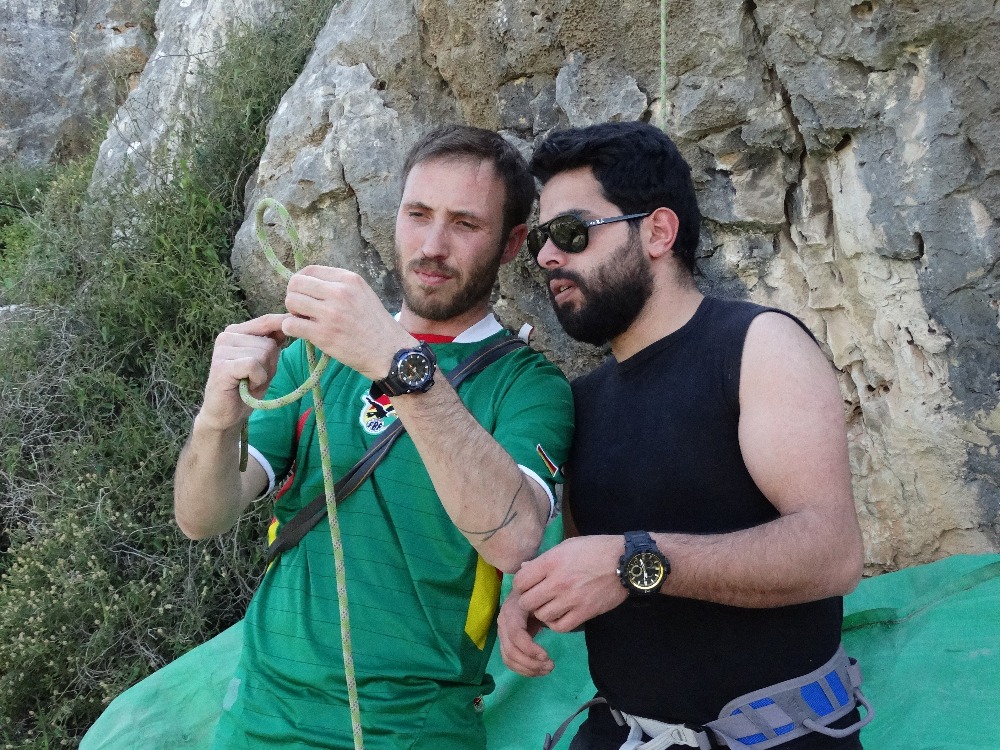
Depuis le mois de février, une quinzaine de jeunes adultes de 18 à 25 ans a participé aux sorties hebdomadaire. Un « noyau dur » de 5 personnes, particulièrement enthousiastes et motivés s’est également crée.
Présentation du camp
Le camp de réfugiés de Dheishe est situé près de la ville de Bethlehem, en territoires palestiniens occupés. Crée en 1949 pour accueillir les réfugiés palestiniens fuyants les massacres et la guerre, il accueille aujourd’hui environ 17 000 personnes, pour qui le temporaire est devenu permanent.
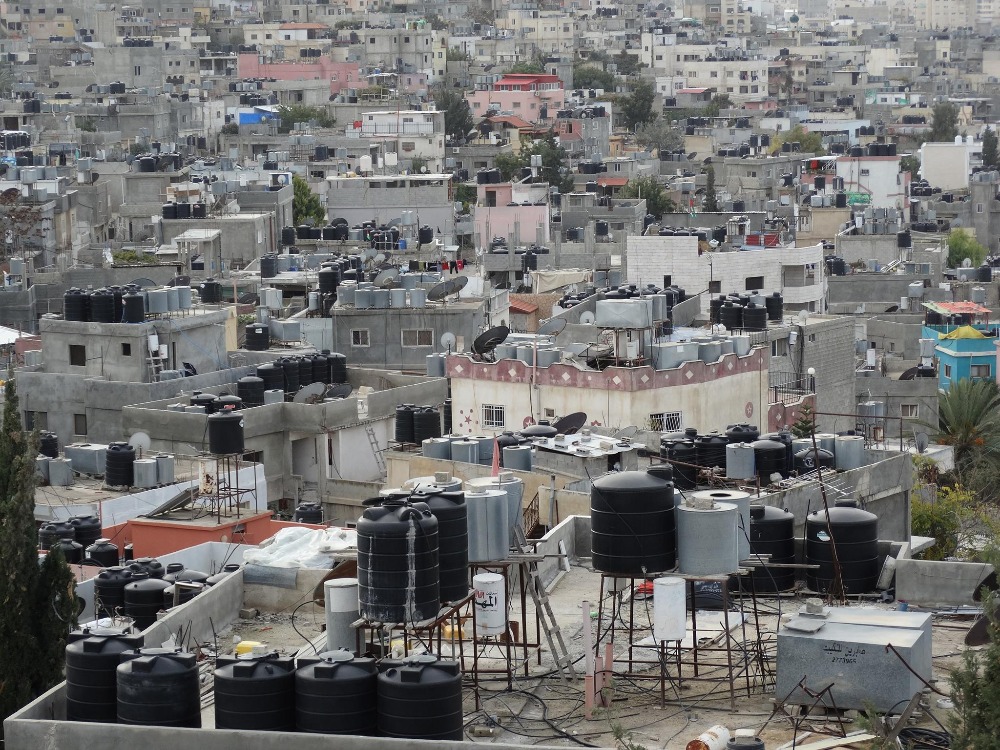
Selon l’UNRWA, les trois principaux challenges auxquels sont confrontés les habitants du camp sont le fort taux de chômage, le manque d’espace public de socialisation et de jeu –en particulier pour les enfants, et la vétusté des infrastructures.
Le camp de Deheishe se distingue par ailleurs par son fort taux de diplômés universitaires, son engagement politique, et par l’importante implication de ses habitants dans la vie sociale et culturelle, avec notamment la plus forte concentration d’ONG locales au monde.
Présentation de l’association
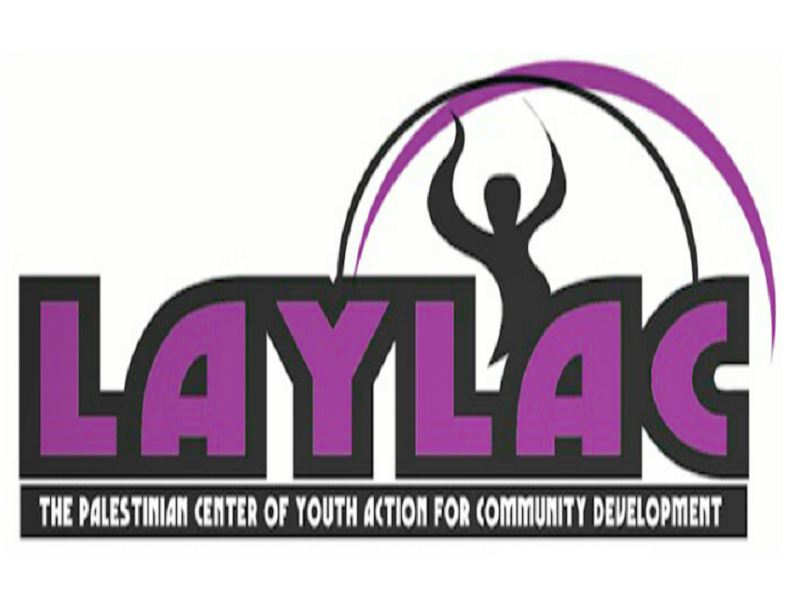
L’association Laylac, située dans le camp de Dheishe, a été créée en 2005 avec pour objectif principal de favoriser l’engagement des jeunes dans la société civile palestinienne.
Elle développe de nombreux projets culturels, artistiques et sociaux à travers ses départements média, vidéo, peinture, théâtre, femmes, travail social etc.
L’équipe se compose d’environ 40 volontaires palestiniens entièrement bénévoles, et de deux français en service volontaire européen.
Grimper en territoires occupés, un choix politique
Quel que soit l’endroit, la pratique de l’escalade est une activité directement liée à la découverte, l’appropriation et au respect du territoire. Cependant en Palestine cette notion revêt une teinte particulière. En effet dans le contexte de colonisation, des territoires Palestiniens sont chaque jour accaparés par le gouvernement israélien et ce à l’encontre du droit international et des nombreuses résolutions de l’ONU à ce sujet.
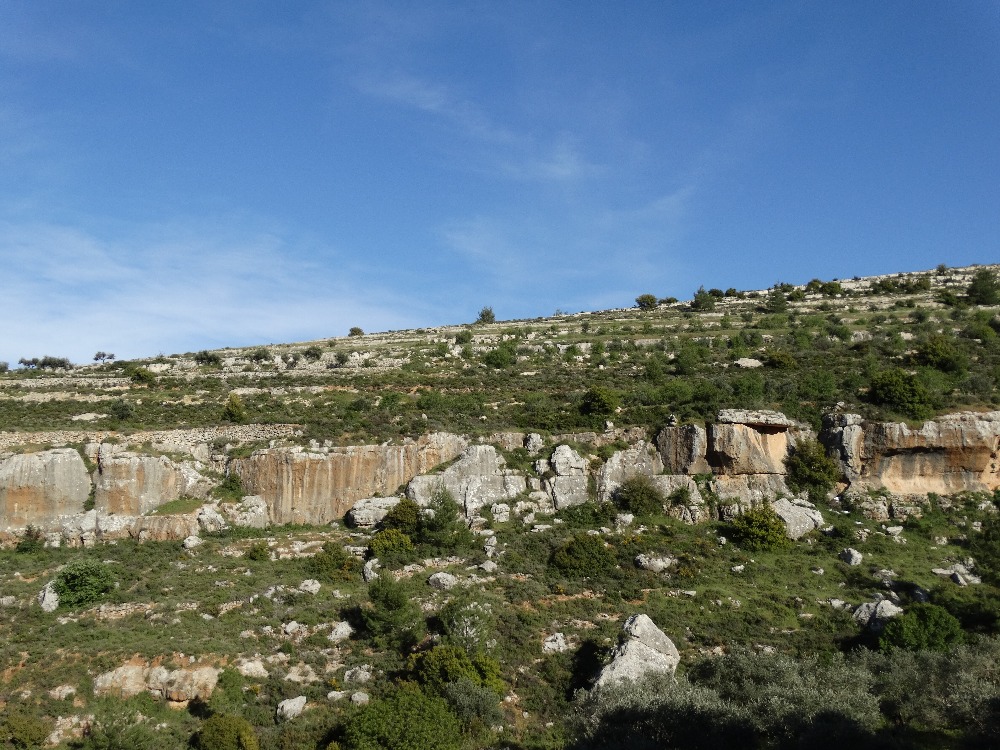
Le choix du lieu, Batier, est également un choix politique : il s’agit du lieu de la construction d’une nouvelle parcelle du « mur de séparation », et d’un pont ralliant Jérusalem aux colonies illégales du sud de la Cisjordanie. La vallée de Batier sera donc d’ici quelques années, déclarée « zone militaire » par Israël et donc confisquée aux palestiniens.
Permettre aux habitants d’investir ces lieux au travers d’activités culturelles, sportives comme l’escalade c’est leurs donner des raisons supplémentaires et des moyens de résister contre l’accaparement de ces terres.
Enfin, pour les internationaux, grimper dans les territoires occupés c’est voir la colonisation et toucher du doigt ce qu’elle implique en termes de restriction des libertés. Dans ce but, l’escalade est un moyen particulièrement intéressant de par l’utilisation de la cartographie et le contact avec les habitants des lieux de pratique en sites naturels
Découvrir un sport méconnu
L’escalade, très répandu en Europe, est encore méconnu en Palestine. Une association existe à Ramallah qui propose des sorties à la journée, mais sont largement inaccessibles pour les habitants du camp en raison de leur prix élevé.
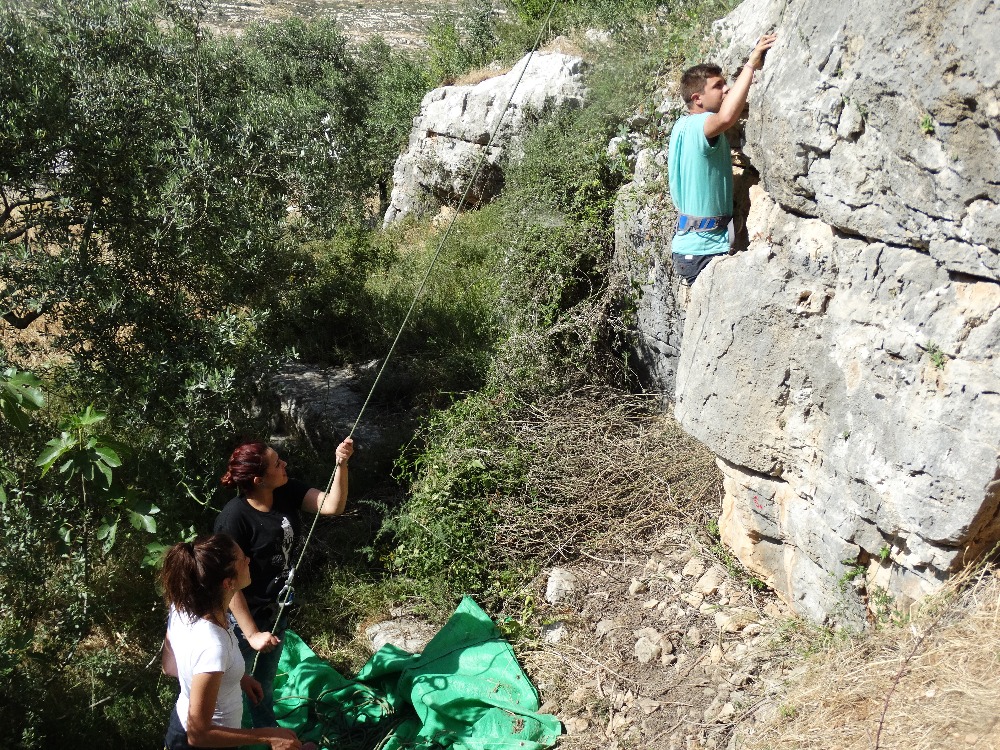
Pourtant, la topographie palestinienne se prête tout à fait à la pratique de l’escalade, avec de nombreuses falaises inexploitées.
Faire du sport en extérieur et en mixité
L’un des problèmes rencontré par les adolescents et jeunes adultes du camp est le manque d’infrastructures sportives. Par manque de place et de moyen, la plupart n’en pratique simplement pas. De plus, quand elles existent, ces infrastructures (souvent limité à la gym et la musculation) sont uniquement en salle et non-mixte.
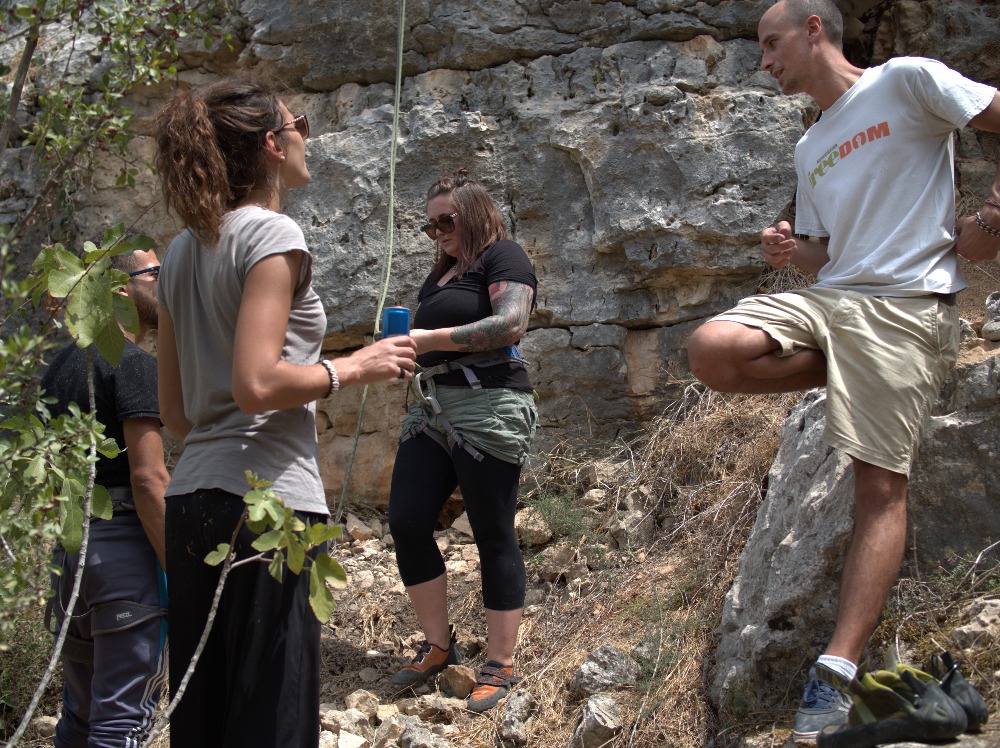
La question du sport féminin est également très présente : il existe peu d’espaces pour les femmes et cela pose de vraies questions de santé publique.
Pratiquer l’escalade permet donc de faire du sport en extérieur, en groupe mixte.
Confiance en soi, confiance en l’autre, esprit de groupe
Pratiquer l’escalade, c’est d’abord se faire confiance et faire confiance à la personne qui nous assure. Les valeurs de l’escalade rejoignent entièrement les valeurs de l’association : solidarité, entraide, mixité, esprit d’équipe.
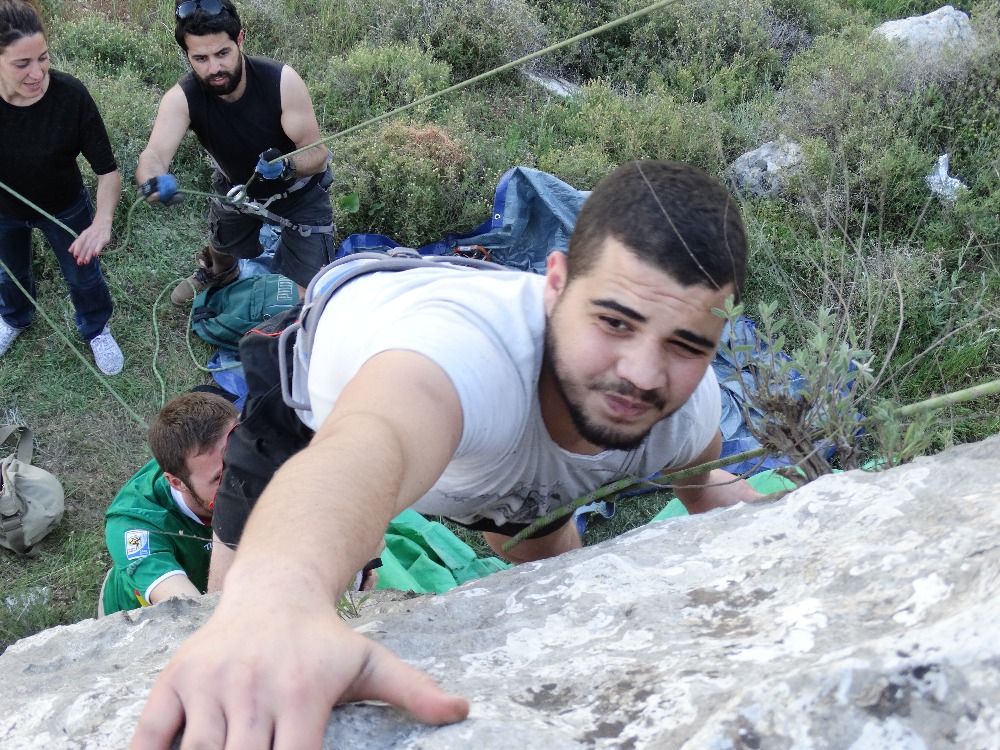
La pratique de l’escalade permet aussi de renforcer l’esprit de groupe, déjà très fort entre les volontaires de l’association.
Comme dans la plupart des associations et centres jeunesse, les jeunes volontaires ont d’abord commencé à venir pour une activité particulière, avant de s’impliquer davantage dans la vie de l’association. L’axe « sport », à travers l’escalade, pourrait être une nouvelle porte d’entrée pour les jeunes du camp.
Déroulement
Sortie type
- lieu : Wadi Helets
- fréquence : hebdomadaire
- Durée : 13h-18h
- Déroulement : marche d’approche de 30min, installation, rappel des règles de sécurité, minimum une montée et un assurage par personne, café et temps convivial, nettoyage et entretien du site, rangement, départ.
Public touché :
- Jeunes adultes du camp de 18 à 25 ans, avec la volonté de toucher un public adolescent (15-18 ans) sur le court terme.
- 14 personnes ont fait au moins une session d’initiation : 8 hommes et 4 femmes.
- Sur les 14 personnes, 8 sont volontaires et 6 sont venus ponctuellement pour l’activité, mais tous se sont dit intéressés pour revenir.
- Un noyau dur de 4 personnes s’est créé pour la recherche de nouveaux lieux, de nouveaux participants, la documentation photo etc.
Problèmes rencontrés :
- La question de la mixité : il nous est parfois difficile de respecter la mixité homme-femme.
- La question des déplacements : peu de participants possèdent des voitures ce qui limite le choix des lieux à un périmètre proche du camp.
- Le manque de matériel : avec seulement le matériel pour une cordée, nous ne pouvons partir qu’en petit groupe.
- Notre niveau actuel ne nous permet de faire que de l’initiation.
Financements
Nous n’avons pour l’instant aucun financement extérieur.
Nous utilisons notre propre matériel (baudriers, cordes, chaussons etc)
Afin de commencer le projet, nous avons personellement financé :
- 3 paires de chaussons d'escalade : 235€
- 2 sangles : 21€
- Prises et visseries pour le mur d'escalde : 101,48 €
- 1 corde de 60m : 90€
- 4 mousquetons : 37€
- 1 huit : 8€
- 1 sac a pof : 10€
- 1 "gri-gri" : 70€
- 1 "vache" : 20€
- 2 baudriers cuissards : 100€
- 1 "reverso" : 15€
- 1 pack de 6 degaines: 70€
Total : 777.48€
Matériel nescessaire pour pouvoir accompagner plus de participants :
- 1corde de 70m: 119 €
- 3 mousquetons : 25€
- 1 huit : 8€
- 1 pack de 6 degaines : 70 €
- 2 baudriers cuissards : 100€
- 2 casques : 80€
- 2 paires de chausson d'escalade : 165€
- 1 vache : 20€
- Pour la construction du pan de mur, environ 500€ de matériel (plaques d’OSB, plaquettes cœur, équerres, chevrons ect)
Total : 1087 €
Perspectives
A court terme :
- poursuivre les sorties hebdomadaires en petit groupe
- trouver de nouveaux lieux
- recherche de partenaires (club français)
A moyen et long terme :
- construire un mur d’escalade au sein de l’association
- acheter du matériel afin que le projet puisse continuer après notre départ
- éventuellement former de jeunes adultes sur place afin qu’ils puissent à leur tour initier des groupes.
- échange de jeunes autour de l’escalade (France-Palestine)
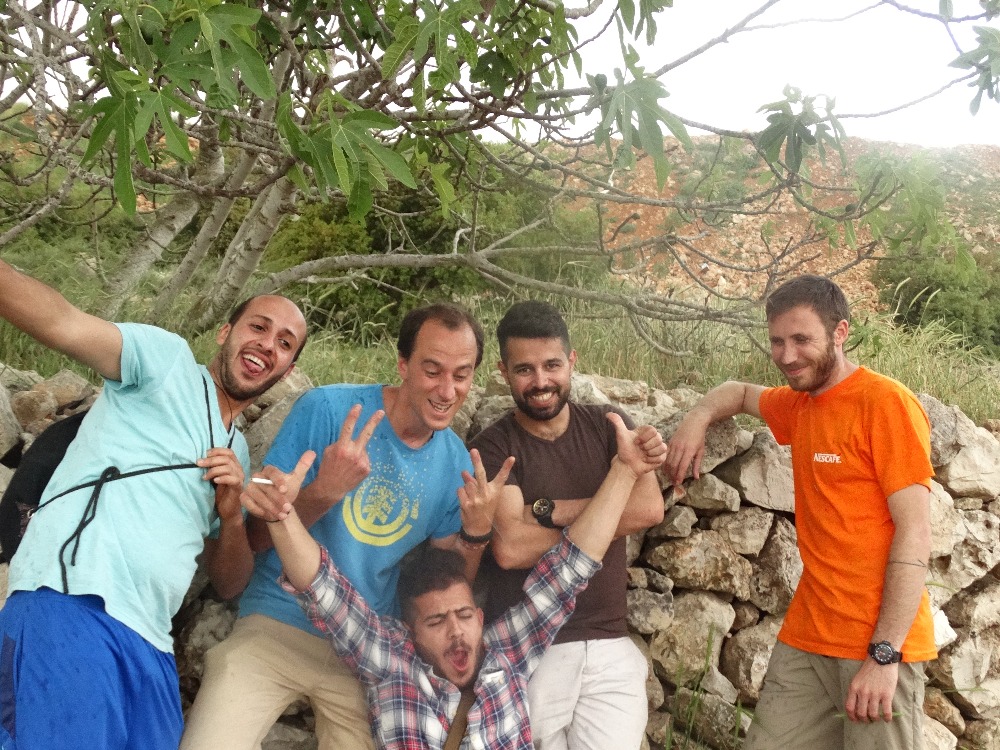
A suivre… ensemble !
Pour plus d'informations à propos des associations qui portent ce projet, leurs valeurs et les actions qu'elles mennent, allez sur :
LAYLAC CENTER
http://eng.laylacdo.org/
https://www.facebook.com/Laylac.Center/?fref=ts
CEMEA Pays de la loire
http://www.cemea-pdll.org/#&panel1-2
https://www.facebook.com/CEMEA-Pays-de-la-Loire-1111628828917707/?fref=ts
